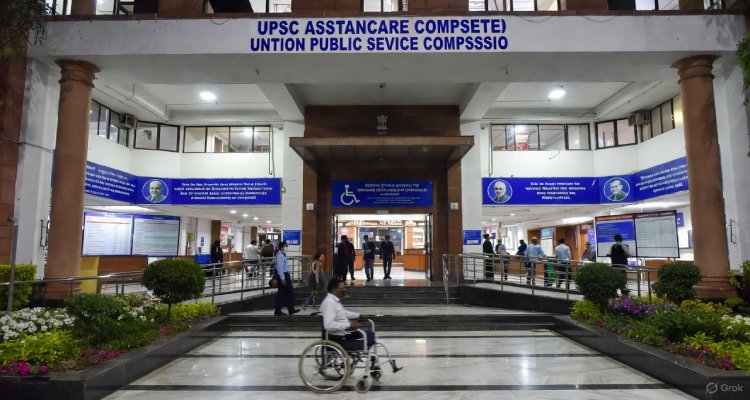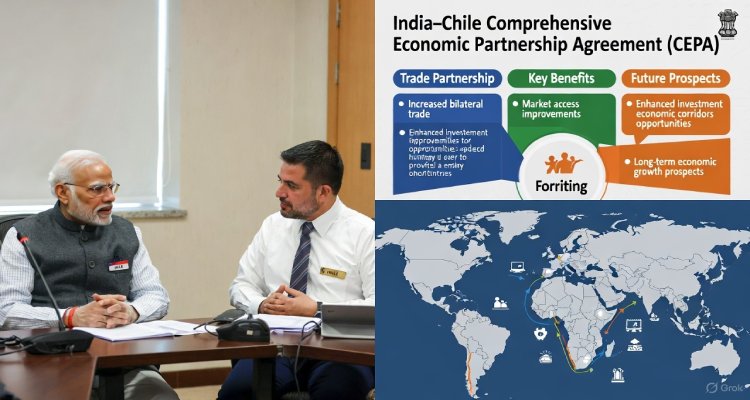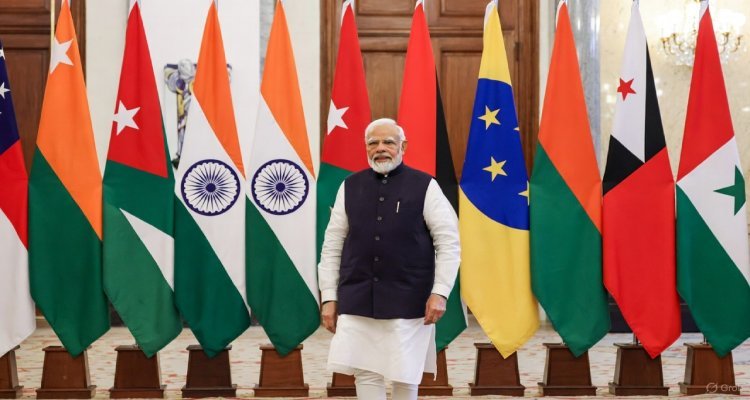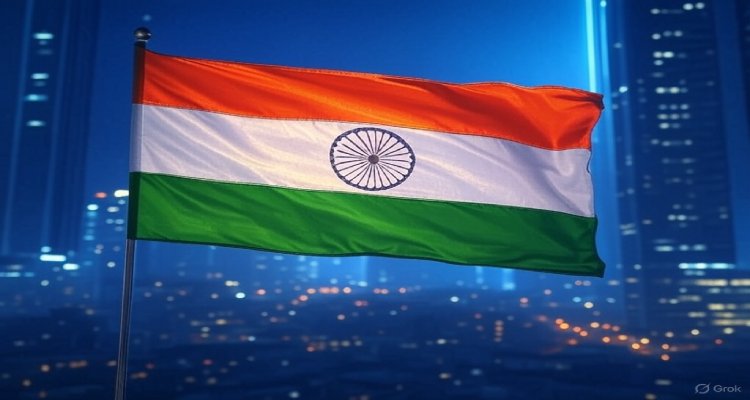India Sends Strong Message to Pakistan Over Rana Case
India has issued a stern reminder to Pakistan following Tahawwur Rana’s extradition, urging accountability for the 2008 Mumbai attacks. The MEA’s warning reinforces global concerns about Pakistan’s ongoing sheltering of terrorism suspects.
India to Pakistan: Bring the Remaining 26/11 Plotters to Justice
By [Your Name], Staff Writer
In a pointed diplomatic rebuke, India has issued a clear warning to Pakistan, asserting that its global reputation as a haven for terrorism will not fade merely by attempting to reshape its narrative. The statement comes just days after Tahawwur Rana, a key figure linked to the 2008 Mumbai attacks, was extradited to India following prolonged legal battles in the United States.
A Landmark Extradition Years in the Making
Tahawwur Rana, a Pakistan-born Canadian national and long-time associate of David Coleman Headley—one of the masterminds behind the Mumbai attacks—arrived in India last week aboard a special aircraft under heavy security. His extradition marks a significant step in India’s efforts to seek justice for the victims of one of the deadliest terror attacks in its history.
The Ministry of External Affairs (MEA), in a weekly briefing on Thursday, made it clear that while Pakistan continues its attempts to revamp its international image, the shadow of terrorism remains deeply entrenched. “Pakistan may try very hard,” MEA spokesperson Randhir Jaiswal said, “but its reputation as the epicentre of global terrorism will not diminish.” He added that Rana’s extradition is not only a diplomatic win for India but also a compelling reminder to Islamabad that several other perpetrators of the 26/11 attacks remain under its protection.
The Long Road to Justice
Rana, arrested in the US in 2009 and later convicted for his role in a terror plot against a Danish newspaper, had fought extradition for years. It wasn’t until 2020 that India formally began proceedings to bring him back. Despite multiple legal appeals, his options ran out earlier this month, clearing the way for his handover to Indian authorities.
Upon arrival in Delhi, Rana was taken to a court under tight security—his convoy included a SWAT vehicle, ambulance, and jail staff. He was presented before Special NIA judge Chander Jit Singh, where India’s National Investigation Agency (NIA) was represented by seasoned prosecutors. Rana’s legal counsel was provided by the Delhi Legal Services Authority.
Political Backing and Global Pressure
The case has received high-profile attention. In February, during a joint press conference with Prime Minister Narendra Modi, then-US President Donald Trump confirmed that Rana would be extradited and “face justice in India.” That promise has now been fulfilled, demonstrating the deepening cooperation between Washington and New Delhi on counterterrorism.
This handover also sends a strong message to the international community: that no terror suspect is beyond the reach of justice, even if they attempt to shield themselves under complex legal frameworks or foreign citizenship.
Pakistan’s Double Game on Terror?
India’s message to Pakistan is blunt: symbolic gestures or media campaigns won’t erase its past, especially when those complicit in mass murder are still being sheltered. More than 160 people lost their lives in the 2008 attacks, including six Americans, making it a case of global significance. While Headley turned approver and served time in the US, Rana’s return to India opens a path to uncovering more details about the broader conspiracy.
Experts suggest that Pakistan’s reluctance to act on credible evidence against its nationals involved in the attacks continues to strain its diplomatic standing. “You can’t claim to be a victim of terrorism and then protect those who sponsor it,” said Ajai Sahni, Executive Director of the Institute for Conflict Management. “Rana’s extradition should be a wake-up call.”
What Comes Next?
Rana is expected to be held in Delhi’s high-security Tihar Jail as the NIA builds its case for trial. Legal proceedings in India could shed new light on the operational and financial aspects of the Mumbai plot, and potentially lead to renewed global calls for Pakistan to act against others like Zaki-ur-Rehman Lakhvi and Hafiz Saeed, who remain free despite international warrants and sanctions.
As the legal process unfolds, what remains clear is that India is determined not to let the memory of 26/11 fade without full justice. This extradition is not just a symbolic milestone; it’s a strategic move in India’s long fight against transnational terrorism.
Conclusion: Justice Must Be Relentless
Tahawwur Rana’s arrival in India is more than a procedural extradition—it’s a powerful statement about global resolve against terrorism. As India calls out Pakistan’s inaction, the world watches to see whether this moment becomes a turning point or just another footnote in a long saga of evasion. One thing is certain: for the victims of the Mumbai attacks and their families, the pursuit of justice remains as urgent and necessary as ever.
Disclaimer:
This article is based on publicly available information and official statements. It aims to provide balanced, factual reporting while respecting the legal presumption of innocence until proven guilty in a court of law.
source : ABP – Live











